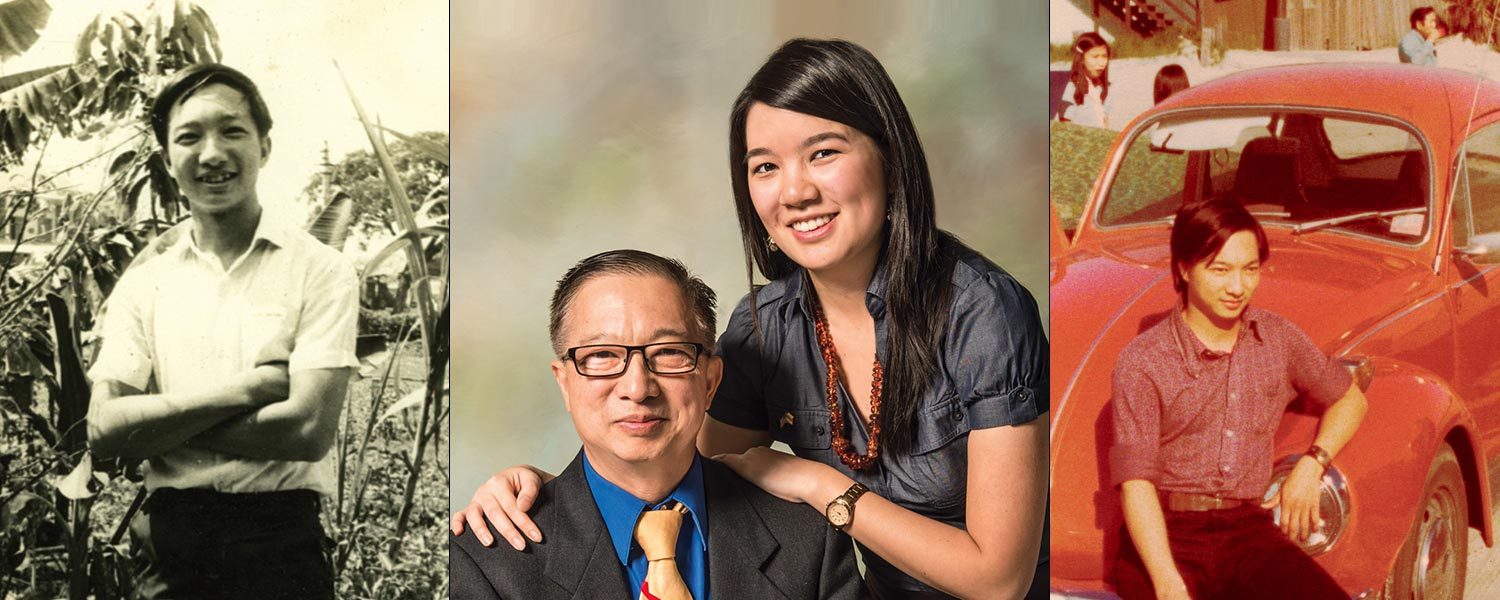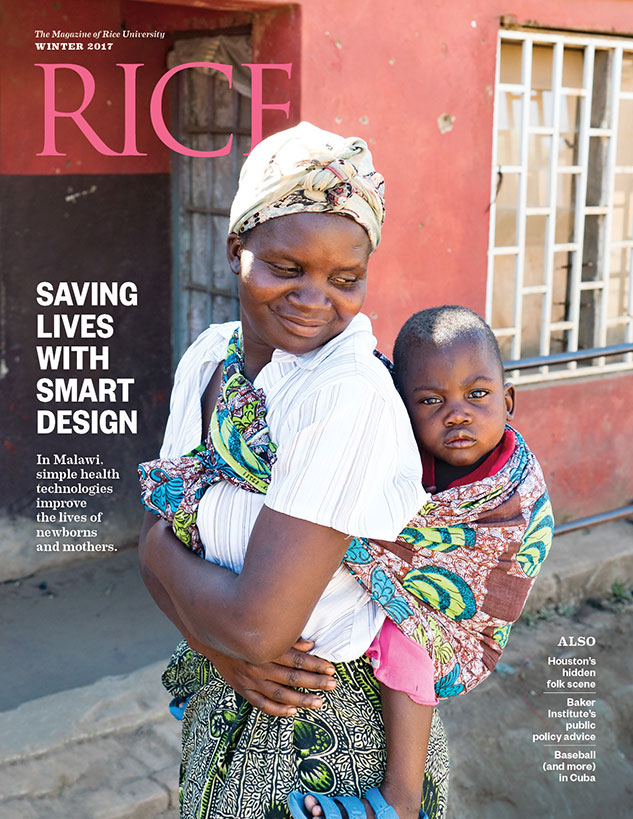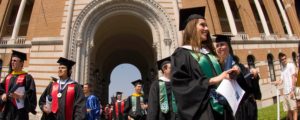To complete her coursework for a senior-year history class, Cindy Dinh ’11 had to record the oral history of an Asian immigrant living in Houston. She chose one close to her heart: her father, Duc Cong Dinh, who was among the first wave of boat people to flee South Vietnam at the end of the Vietnam War.
Now part of Rice’s Houston Asian American Archive, Duc Cong Dinh’s account was revelatory for his daughter, giving her a new appreciation for the scope of her father’s ordeal and the extent of his sacrifice in leaving home. His story, along with others in the archive, helped Cindy Dinh put the Vietnam War in a new context.
“So much of what I learned in public school came from the military perspective and whether it was a wise decision to enter the war. But the oral history interview was a chance for me to learn from someone who lived through it and [came to] a new country as a refugee,” she said. “I always wanted to learn what happened to the Vietnamese diaspora in the aftermath.”
In fact, Cindy Dinh, who is now enrolled in a joint degree program in law and public policy offered by the University of California at Berkeley and Harvard’s Kennedy School of Government, had been part of a student initiative pushing for a course on Asian-American immigrants. Rice hadn’t offered a class like it for more than a decade, although there were plenty of courses about Asian countries and cultures
themselves. In 2011, Cindy and her cohort got their wish: a seminar called The Asian American Experience. And she got the assignment to interview her dad.
In spring 1975, Duc Cong Dinh had just graduated from high school in Saigon and was headed to college — then, he hoped, to medical school — when his education was interrupted by war. The night before the city fell, Dinh and one of his six brothers (he also had three sisters) boarded a 50-foot-long metal boat packed with about 300 evacuees. As he told his daughter in the interview, their plan was optimistic: They would return to Saigon shortly, just as soon as South Vietnam pushed the communists out. The rest of his family stayed behind to wait for his older brother, a police officer who was required to help defend the city.
The next day was April 30. On the boat, someone’s radio broadcast a message from the president of South Vietnam: The army had surrendered, and he was stepping down as the nation’s leader. All around Dinh, people began to cry.
“We knew we cannot come back,” Dinh recalled. “It was the point of no return. We didn’t prepare for this or have enough fuel, but we knew we couldn’t go back. We just went out to sea. We had an uncertain future.” They ran out of food. Then they ran out of water. The sun burned their skin and rain chilled them to the bone. They happened upon a barge carrying another 2,000 or so refugees, and since their boat was almost out of gas, they climbed onto the barge. No one there had food or water, either; a number of people jumped overboard, killing themselves to end the torture.
When she interviewed her father, Cindy Dinh ached to imagine him, just younger than she was at the time, enduring such bitter hardships. His story put a human face on what she knew about the humanitarian efforts to aid the hundreds of thousands of Vietnamese boat people — or, as she noted, the lack thereof.
“While my father was drifting at sea, there were nine boats that passed [the barge] without stopping. Nine boats. The 10th boat, a U.S. merchant ship, finally stopped.”
That boat could only carry about 500 more people — less than a quarter of the refugees — but Dinh was among those who made it aboard. His brother was not. Dinh was shuffled between temporary refugee camps before ending up at Camp Pendleton in San Diego. “That was the first time in my life I ever left my country,” Dinh said. “This was the first time I felt like an orphan.”
— J.L.
*EDITOR’S NOTE: Dinh’s brother was later rescued by another boat and taken to a refugee processing center, where the two reunited.






